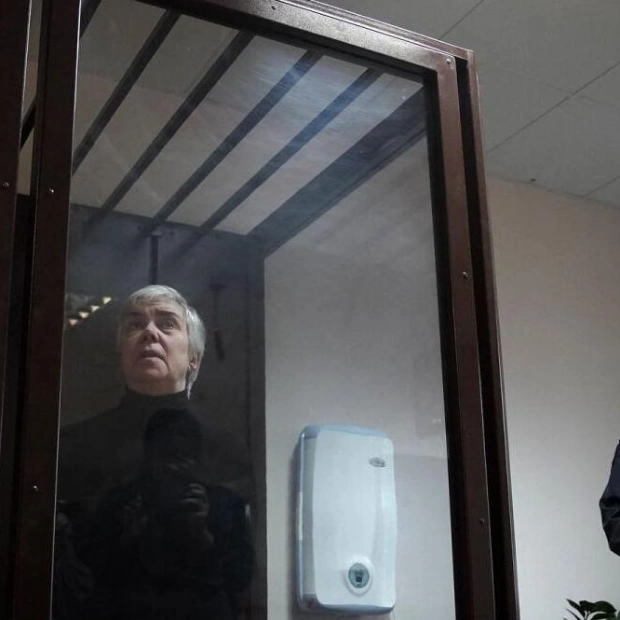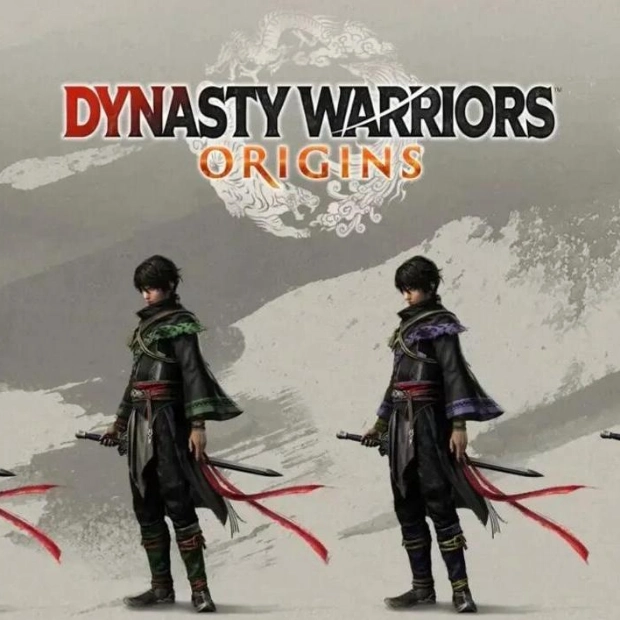Sony's initiative to integrate AI and machine learning into its game development process is well on its way, as disclosed in the company's 2024 Report. One notable example highlighted in the report involves Sony's application of machine learning to enhance the subtitling process for specific languages in Marvel's Spider-Man 2.
Sony disclosed that it employed voice-recognition software to automatically align subtitles with their respective voice lines in certain languages, significantly expediting the subtitling process. Spider-Man 2 was released with text support for 27 languages, 12 of which also featured fully dubbed audio.
The company emphasized that this utilization of machine learning, a branch of AI computing, is part of a larger strategy to "[deliver] our IP rapidly and at low cost to a broader range of fans." The report segment underscores technologies with the potential to boost efficiency in development processes, encompassing AI and machine learning, real-time 3D processing, and sensing and capturing technology.
Sony is not the pioneer in incorporating AI into its development workflow, nor will it be the last. EA, for instance, has discussed leveraging AI in the creation of this year's College Football 25 to automatically generate models for the thousands of players featured in the game. Microsoft and Amazon Games are also fully committed to AI. Nintendo stands out as one of the few major industry players to voice opposition to the use of AI in game development at this juncture.
While numerous companies are enthusiastic about AI's potential in game development, few have addressed the possible ramifications for the industry's human workforce, even as widespread layoffs continue to affect developers and support staff across the sector. Video-game voice actors and motion capture performers are currently on strike, with AI being a central concern for the union SAG-AFTRA.






